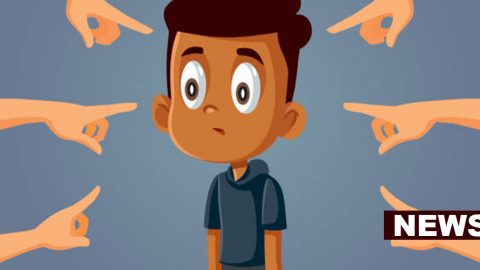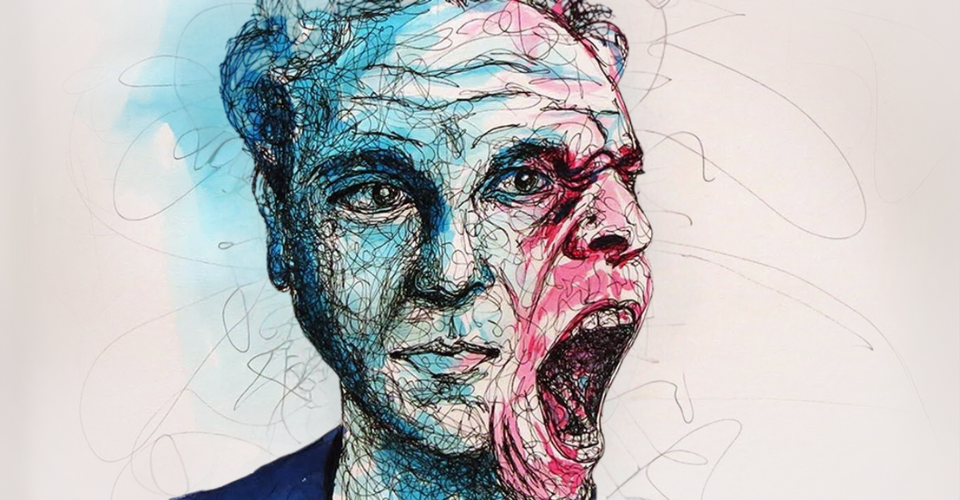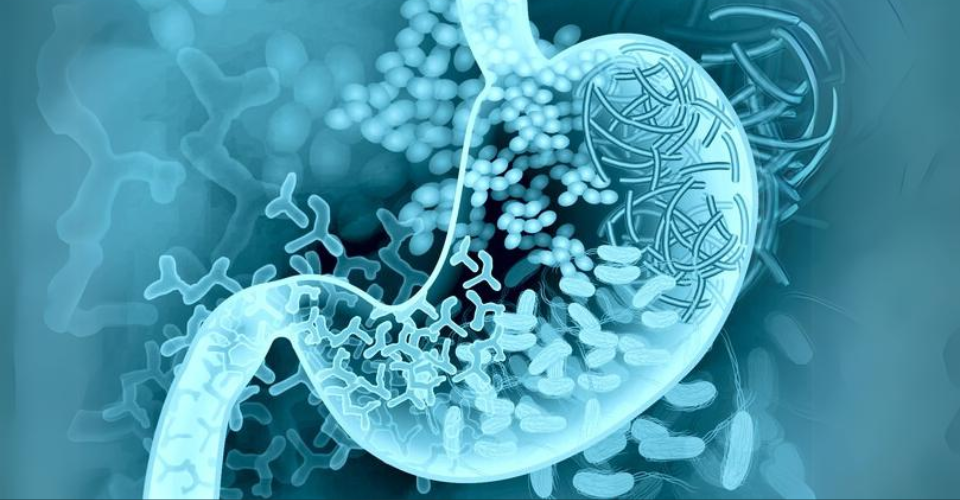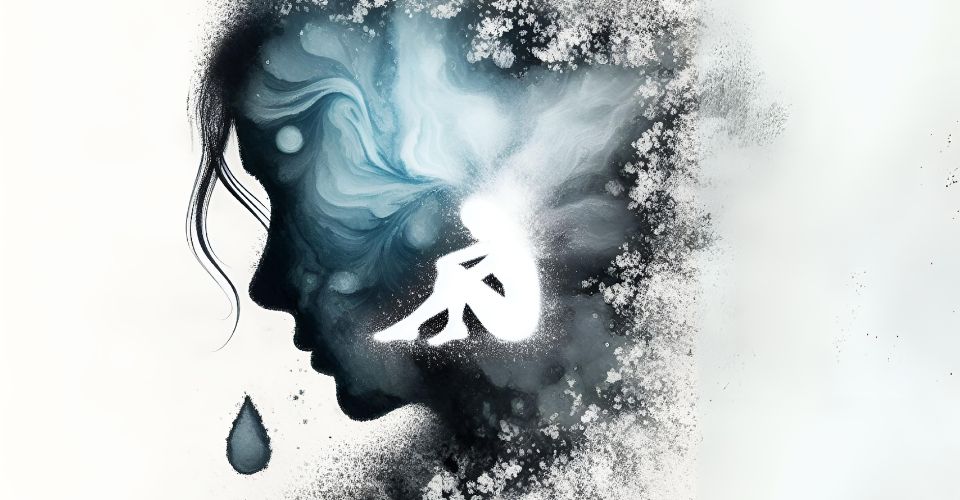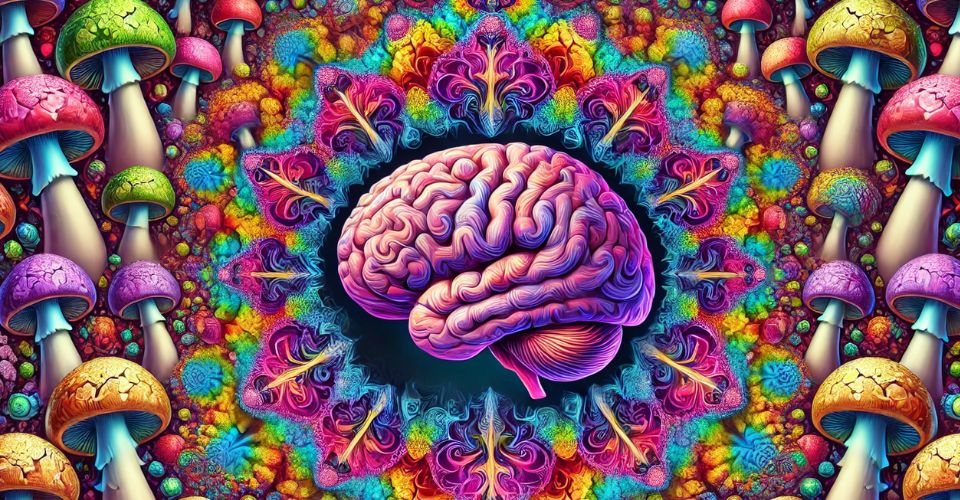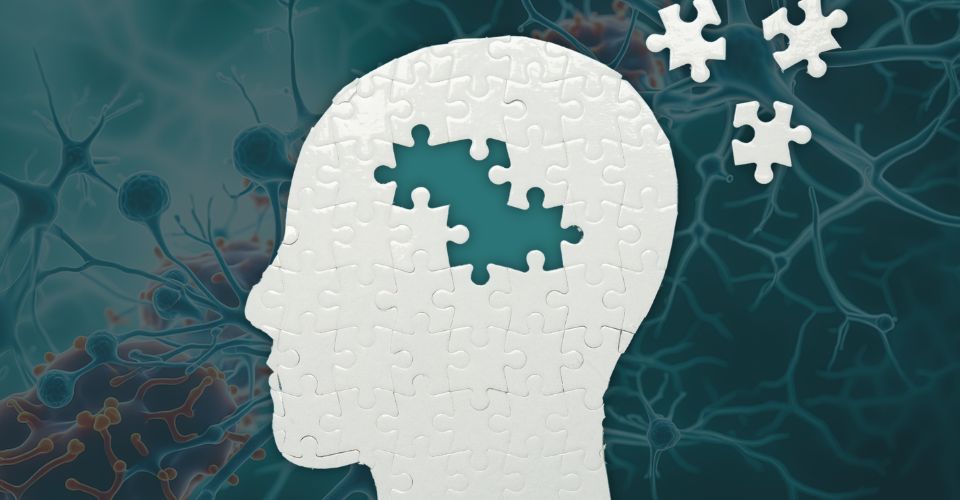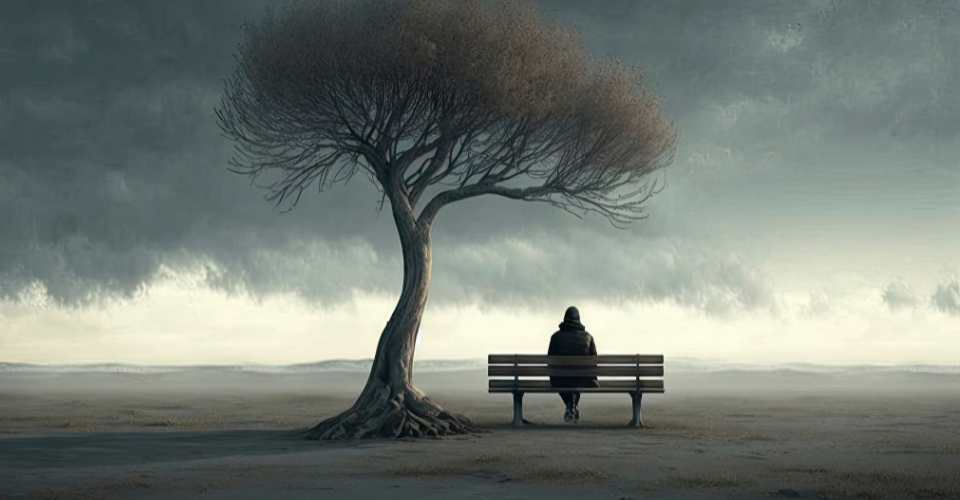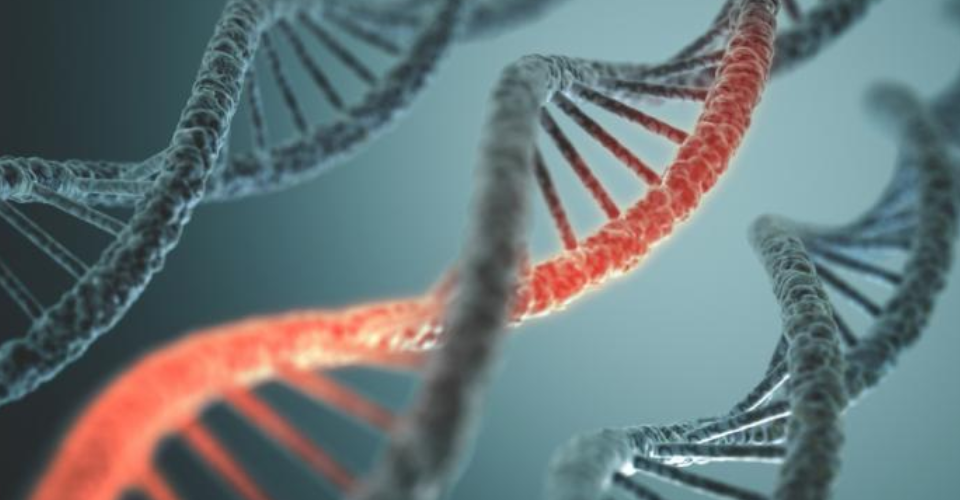The word ‘childhood’ involves numerous images of happiness, innocence, joy, wonder, and optimism. Childhood is a time when we feel protected and loved. The assurance of being cared for and protected by caregivers, parents and family members helps to build healthy and secure relationships later in life. Similarly, negative experiences of childhood can leave lifelong scars on a person’s mind. Psychologist Renu Biswas said, “People who have experienced childhood humiliation are more likely to suffer from various long-term changes in their brain circuits. I have seen depression and anxiety patients who have admitted to being emotionally abused during their childhood.” She explains that most people are concerned about physical violence, but psychological abuse can cause more harm.
While sharing his own story, Mr. Aman Shanewal, a 32-year-old government employee, said, “When I was 15 or 16 years old, I suddenly started losing interest in my studies. Though I was a diligent student, my grades were decreasing gradually. I remember that my parents used to blame me for my sheer laziness. They used to compare me with my classmates. My teachers started to call my parents repeatedly to complain about me.” He further shared that he was humiliated by his teachers in front of the whole class. Over time, he started feeling that he was not good enough. Due to serious comparison and emotional abuse, he completely lost his confidence. “When my parents noticed that I was losing interest in almost everything I enjoyed doing previously, they consulted a child psychologist. Yes, I am healed from my mental trauma, but I did not forget. I still remember how I suffered from such a traumatic experience. I think that it can never be erased from my mind,” said Mr. Aman.
We have talked with Dr. Madhurima Goswami, an assistant professor of clinical psychology. While sharing one of her experiences, she said, “I recently dealt with a 22-year-old girl who was suffering from a chronic anxiety disorder. I have struggled a lot to make her confess what was bothering her. She told me that her parents got divorced a few years back and due to which she has spent a very disturbing childhood.” Dr. Madhurima informed us that the girl’s father used to drink a lot and physically abused her mother every day. She never experienced her parents’ love towards her. She has experienced domestic violence during her childhood. After a while, she lost her self-confidence and started doubting her own capabilities. “It is a case of emotional humiliation that didn’t happen directly to the child but affected her mental health indirectly. And the most interesting part is that the girl has started to develop several anxiety symptoms after many years of her parent’s divorce,” added Dr. Goswami.
She explained that a child doesn’t need to develop mental health issues immediately after being humiliated. Any trauma or humiliation that people experience during their childhood leaves permanent scars in their hearts and minds. They may heal from the situation but don’t forget. She said, “I always request every parent to take care of their child’s mental health also. We often neglect our child’s mental health, but it is as important as our physical well-being, maybe more than that.”
The memory of childhood trauma often stays with the child till adulthood and destroys a child’s stability and sense of self. This condition often leads to the child suffering from extreme guilt and shame. “I have dealt with numerous cases of childhood humiliation. It can have an adverse effect on a child’s mental health. The child may feel disconnected from others, experience difficulties communicating and controlling emotions, or express heightened anger. If a child is humiliated by a loved one, it can affect the way the child forms attachments later in life”, child psychologist Dr. B.L. Mishra said.
*(Names and places changed due to privacy concerns)
To Know More About Different Terms In The News-
- Childhood
- Child Development
- Post-Traumatic Stress Disorder (PTSD) In Children
- Adverse Childhood Experiences

